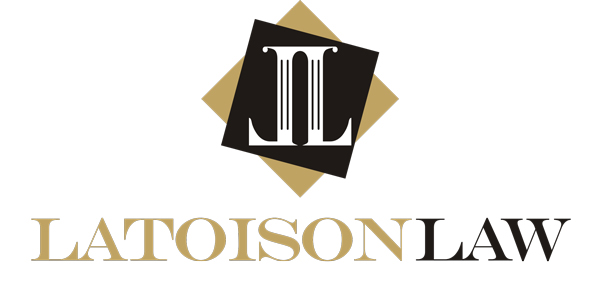Navigating the intricacies of estate planning can be complex, especially when it involves elements such as international aspects of the family structure. One of the crucial tools in this planning process, particularly for mixed-nationality marriages, is the Qualified Domestic Trust (QDOT). This article explores the fundamentals of QDOTs in Pennsylvania and how they integrate into broader estate planning strategies, supplementing the understanding of intestate succession provided on our website.
Understanding QDOTs
A Qualified Domestic Trust is specifically designed to help non-U.S. citizen spouses defer federal estate taxes upon inheriting assets. Normally, the unlimited marital deduction for estate taxes is not available when the surviving spouse is not a U.S. citizen. This situation can lead to significant financial burdens due to the immediate applicability of estate taxes. A QDOT addresses this issue by allowing the deferral of these taxes.
How Does a QDOT Work?
When a U.S. citizen’s estate is transferred to a non-citizen spouse, placing the assets into a QDOT permits the deferral of estate taxes until the non-citizen spouse’s death or until the assets are distributed from the trust, at which point they become subject to taxes. This mechanism is crucial for protecting the non-citizen spouse from immediate financial hardship due to steep tax obligations.
Key Requirements for a QDOT in Pennsylvania
To establish a QDOT in Pennsylvania, there are specific requirements that must be met:
- At least one trustee must be a U.S. citizen or a domestic corporation to ensure compliance with U.S. tax laws.
- The trust must comply with the regulations set by the IRS, including provisions that guarantee the collection of taxes before assets are distributed.
- Estate tax return provisions must be observed, with a QDOT election made on the estate tax return of the deceased spouse.
Benefits of a QDOT
The primary benefit of a QDOT is the tax deferral for the non-citizen spouse, which can be crucial in maintaining their financial stability. Additionally, the trust ensures that the assets are managed and eventually distributed according to the wishes of the deceased, providing peace of mind to both spouses about the financial management and legacy of the deceased spouse.
Considerations and Planning
Implementing a QDOT can be a strategic part of estate planning, especially in ensuring that non-citizen spouses are not overly burdened by immediate estate taxes. It is advisable for couples to consult with a knowledgeable estate planning attorney to navigate the complexities of such a trust. The attorney can provide guidance tailored to the specific circumstances of the family.
For those in Pennsylvania navigating estate planning with a non-U.S. citizen spouse, a Qualified Domestic Trust offers a vital solution for managing federal estate taxes. By integrating a QDOT into your estate planning, you can ensure that your spouse is protected from unforeseen financial strains due to taxation.
At Latoison Law, our expert intestate lawyers are well-versed in the complexities of estate planning and can help you determine if a Qualified Domestic Trust is right for you. Check out our page for more insights on estate planning and intestate succession.
Did you know?
When transferring property in Pennsylvania, the type of deed used significantly impacts your legal rights. Warranty deeds offer the highest level of buyer protection, while quitclaim deeds transfer ownership without any title guarantees. Ensure deeds are properly recorded to validate the transfer. Need help with a property deed transfer? Contact Latoison Law today for expert assistance.
